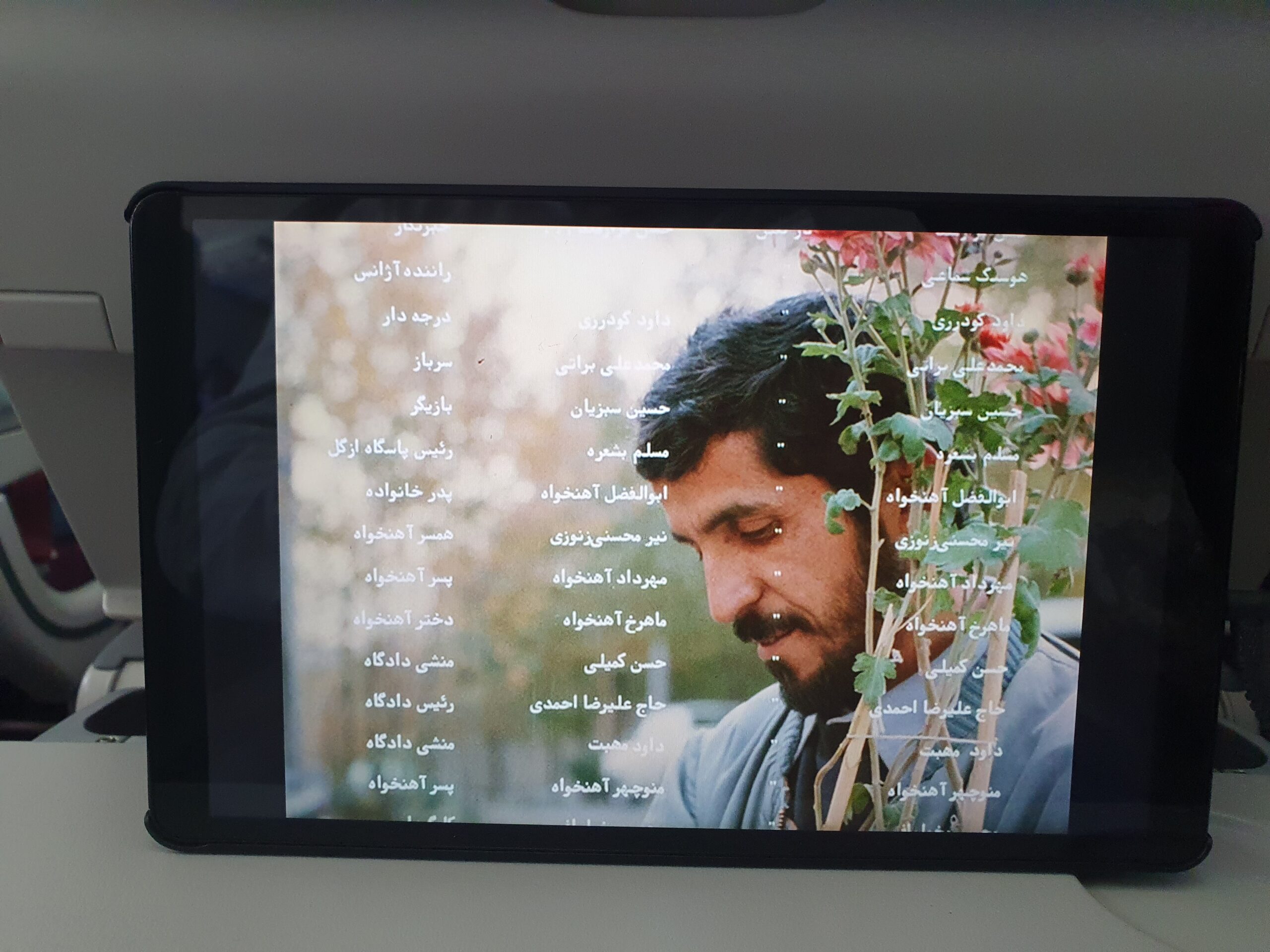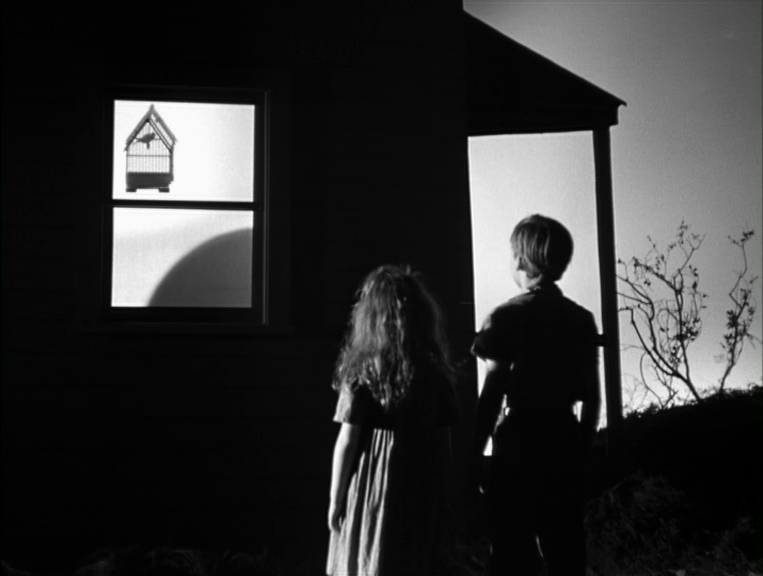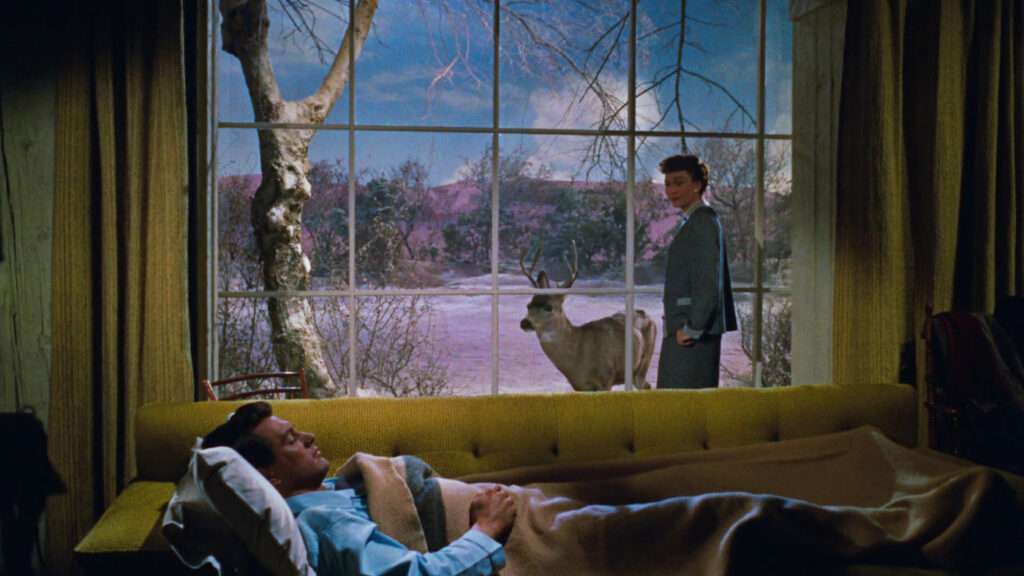Close-Up is a 1990 Iranian film directed by Abbas Kiarostami that is arguably one of the most acclaimed and iconic films in arthouse cinema history. The film is based on a true story that happened in the early 1980s, where a man named Hossain Sabzian was arrested and prosecuted after posing as filmmaker Mohsen Makhmalbaf, convincing a wealthy family to finance a film he claimed to be working on. The film’s unique blend of documentary-style storytelling and fictional reenactments have made it a favorite amongst cinephiles and film enthusiasts around the world, including my film school professors, who consider it one of the greatest films of all time.
In film school, we did a workshop with a group of cinephiles who write blogs about films. Their site is called: “Sabzian”, inspired by this film’s protagonist. Of course, during this 3-day workshop, we saw the film together. One of them also showed the great “Killer of Sheep” (1978). Unfortunately, he fell asleep during the screening, making him target for ridicule. Another co-creator of “Sabzian” gave a passionate speech about the science behind “Interstellar”, based on the works by Kip Thorne. His passion was inspiring. In later classes, we discussed Close-Up with our regular film professors. One thing seemed clear: they all loved it. Every single one of them thought the film was a masterpiece. The film’s success and its impact on the world of cinema can be attributed to a number of factors, including its innovative merging of fact and fiction, its commentary on the role of art in society, and its exploration of the complexities of human identity. Kiarostami’s directorial style, characterized by long takes, minimalism, and an unsentimental approach to storytelling, is particularly distinctive and is often studied by film students and filmmakers alike. In this article, we will examine why it continues to be a touchstone for filmmakers and audiences to this day.
Documentary and Fiction
The film tells the story of Hossain Sabzian, a middle-aged man who, like many people around the world, deeply admires the work of Iranian filmmaker Mohsen Makhmalbaf. Sabzian is so enamored with Makhmalbaf’s films that he decides to impersonate the director in order to gain admission to an affluent family’s home. He tells the family that he is working on a film with Makhmalbaf and that they have been chosen to star in it. They excitedly agree to finance the project, and Sabzian begins to spend more and more time with the family, bonding with them over discussions about cinema, politics, and life. However, the ruse eventually comes to light, and Sabzian is arrested and put on trial for fraud.
What makes Close-Up such a remarkable film is the way that it blurs the boundary between documentary and fiction. The film starts off with documentary footage of Sabzian’s arrest and trial, with the real-life participants portraying themselves onscreen. However, the film then shifts into a fictional reenactment of the events leading up to Sabzian’s arrest. This approach is immensely effective in keeping the viewer engaged, as it creates an atmosphere of uncertainty and tension. At the same time, it emphasizes the themes of art, identity, and the blurred lines between the two.
The Power of Art
One of the key themes of Close-Up is the power of art to create connections between people and bring them together, despite their differences. Sabzian’s love for Makhmalbaf’s films is what initially draws him to the family, as they share his passion for cinema. The family, for their part, are happy to participate in what they believe to be a work of art, and are thrilled to be part of a film that might have a positive impact on society. It’s a testament to the power of cinema to break down barriers and allow for meaningful connections.
However, the film also highlights the inherent tension between art and reality, and the way that art can sometimes become a destructive force. Sabzian’s obsession with Makhmalbaf’s films blinds him to the reality of the situation he finds himself in, and he convinces himself that he is doing something noble by pretending to be a filmmaker. This clash between fantasy and reality ultimately leads to Sabzian’s downfall, and it’s a cautionary tale about the dangers of becoming too caught up in a fantasy world. When Kiarostami asks him in court if he knows what a close-up is, he says he doesn’t know. Sabzian is so passionate about art and film, yet doesn’t know the simplest of terms concerning the medium.
Identity
Another major theme of Close-Up is the way that human beings create and maintain their identities, and the challenges that come with trying to reconcile those identities with the realities of life. Sabzian’s impersonation of Makhmalbaf is an extreme example of this, but the film also explores the more everyday ways that people present themselves to the world. The family, for example, is invested in maintaining their upper-class status and projecting an image of wealth and sophistication. Sabzian, for his part, is trying to project an image of himself as a filmmaker, an artistic soul, a humble figure of authority and respect. Ultimately, the film suggests that the process of creating and maintaining our identities is an ongoing struggle, and that we must constantly negotiate between our inner selves and the personas we present to the world.
The film’s unconventional narrative structure, which blends documentary footage with fictional reenactments, is one of the most striking aspects of Close-Up. Kiarostami’s use of long takes, minimalism, and an unsentimental approach to storytelling are all hallmarks of his directorial style. He allows the story to unfold at a deliberate pace, giving the audience time to absorb the details and immerse themselves in the world of the film. The result is a film that feels deeply immersive and engaging, drawing the viewer into the complex world of the characters and their struggles.
Conclusion
Close-Up has been widely praised by critics and audiences alike since its release, and it has had a significant impact on the world of cinema. Its innovative narrative structure and elegant direction have influenced a generation of filmmakers, and the film’s themes of art, identity, and the blurred lines between fact and fiction continue to resonate with audiences around the world. For film enthusiasts and students, Close-Up is essential viewing, a thought-provoking meditation on the complexities of human experience and the power of cinema to connect us to each other and the world around us.




